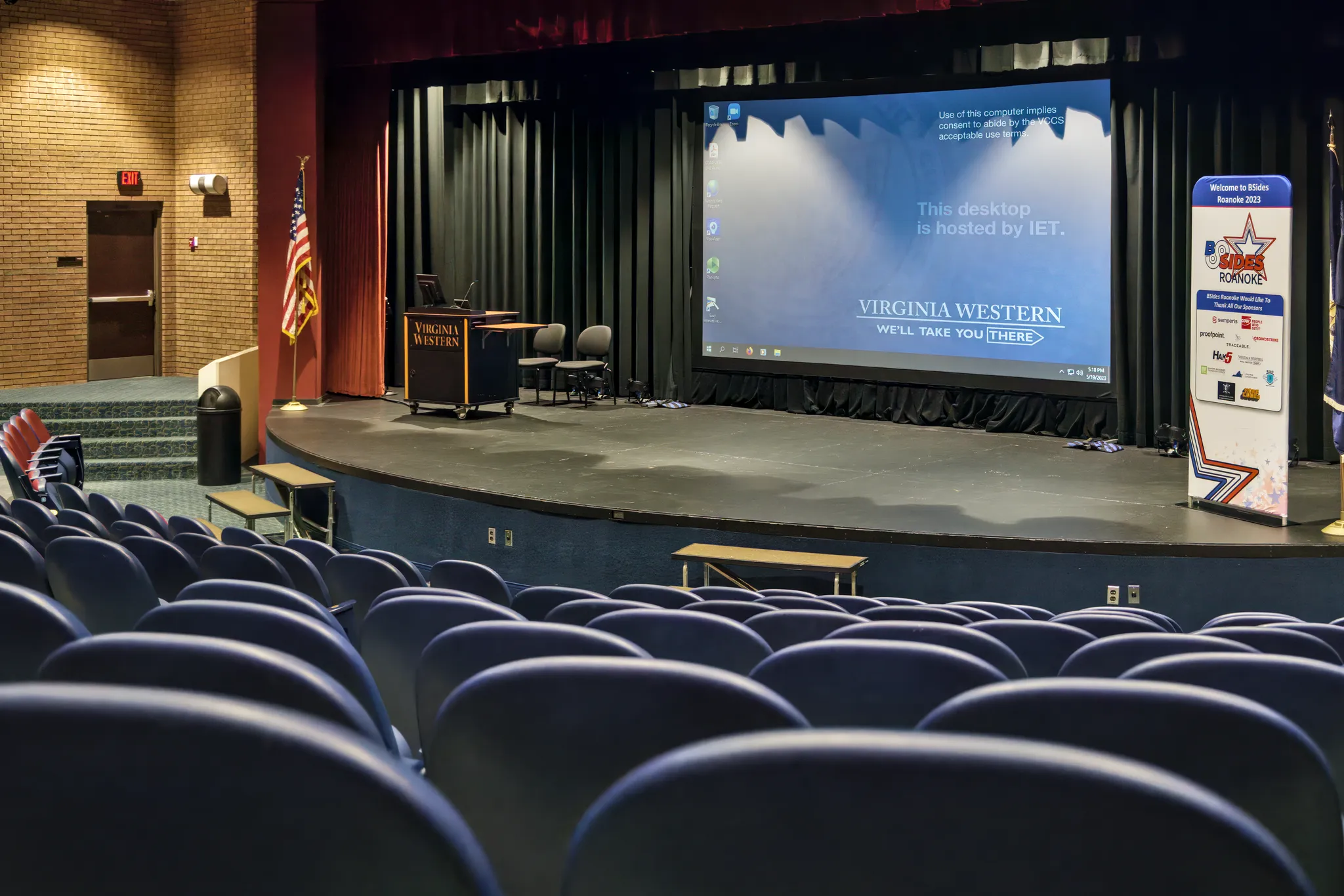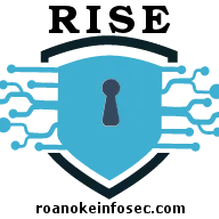Get Ready for BSides Roanoke 2026!
Roanoke Information Security Exchange in partnership with Virginia Western Community College, are thrilled to announce the return of BSides Roanoke in 2026! Mark your calendars for the region's premier community-driven cybersecurity conference.
Where Roanoke's Cybersecurity Community Comes to Life
BSides Roanoke isn't just a conference; it's a hub for collaboration and knowledge sharing. Born from the desire to create a more intimate and community-focused alternative to large corporate events, our mission is to connect, educate, and empower the cybersecurity talent right here in our backyard. We're building a space where everyone, from seasoned professionals to curious beginners, has a voice.
What's in Store for 2026?
Get ready for a day packed with learning, challenges, and networking. While we're still finalizing the details, you can expect the signature BSides experience:
- Groundbreaking Talks & Local Voices: Prepare for a full schedule of talks from industry experts and local community members. We'll explore the latest in threat intelligence, defensive strategies, ethical hacking, career development, and more.
- Deep-Dive Workshops: Roll up your sleeves in our hands-on workshops. Gain practical, real-world skills in a collaborative environment where you can learn by doing.
- Test Your Mettle: Think you have what it takes? Our legendary Capture the Flag (CTF) competition and other interactive challenges will put your skills to the ultimate test. Bragging rights and prizes await!
- Forge New Connections: Meet the peers, mentors, and future colleagues who make up our vibrant local security scene. Share ideas, talk shop, and build relationships that last long after the conference ends.
Who is BSides Roanoke For?
If you're passionate about technology and security, you belong here. We welcome:
- Cybersecurity Professionals of all specialties and skill levels.
- Developers, Engineers, and IT Admins looking to build more secure systems.
- Students and Educators eager to dive into the world of information security.
- Hobbyists and Hackers with a curiosity for how things work (and how they break).
Get Your Tickets Now!
Tickets are available! Don't miss out - secure your spot today!


